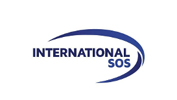 An autodidact and a polymath, Harish is Singapore’s first local born Professional Futurist. A critical reference point today for other Professional Futurists worldwide in the area of Technological Evolution & Foresight, he is endearingly referred to most commonly as “The Singapore Futurist”, apart from also being referred to as “The Asian Futurist” and “The Millennial Futurist”. His areas of Consulting and Keynotes include, though are not limited to, Industry 4.0, HR 4.0, Organisational Future Proofing, Product Development, Marketing & Growth Strategy, Strategic Foresight, Systems Thinking, Scenario Planning and X Reality (XR).
An autodidact and a polymath, Harish is Singapore’s first local born Professional Futurist. A critical reference point today for other Professional Futurists worldwide in the area of Technological Evolution & Foresight, he is endearingly referred to most commonly as “The Singapore Futurist”, apart from also being referred to as “The Asian Futurist” and “The Millennial Futurist”. His areas of Consulting and Keynotes include, though are not limited to, Industry 4.0, HR 4.0, Organisational Future Proofing, Product Development, Marketing & Growth Strategy, Strategic Foresight, Systems Thinking, Scenario Planning and X Reality (XR).
Harish has spoken at companies like Deloitte, Dimension Data and Unilever. Bringing a focus on the Future, he has opened major conferences for areas as diversely varying as from Hospitality Management to Human Resource Management. The subject that excites him most, personally, is that of Technological Evolution.
Interviewer: “What do you feel are the biggest challenges IT leaders are currently faced with?”
Harish: “Firstly, today, and moving forth, IT needs to be acknowledged as an inseparable core constituent of the very DNA of a business. Adding to that, it needs to be acknowledged that IT is very rapidly becoming an inseparable core constituent of our very human experience itself.
However, at the same time, IT Practitioners will need to acknowledge, that not everyone is wired for the typed of aptitude, capacity or competencies that they, IT Practitioners themselves, are wired with, to comprehend, understand or appreciate, the science, the engineering and the technicalities, to do with IT. In fact, IT Practitioners need to acknowledge and appreciate, that they will always be special, needed and important, because they will always remain a very tiny minority, that the vast majority of people around them will depend upon, for anything and everything, to work or happen. As flattering as this may sound, the truth is, we all serve different purposes in organisations, in business, in industry, in society and in life. IT Practitioners, specifically, amongst much else, serve the purpose of knowing what is required, to build, maintain and evolve IT, to meet the aspirations and expectations, of both themselves and others around them. This is where one of the biggest challenges for IT leaders emerges.
As the technological evolution continues to accelerate all around us, the challenge for IT Leaders is to help the majority of people around them, understand and appreciate, the technical or scientific challenges or complexities of meeting the needs, demands and aspirations of the organisation, especially, the constraints and limitations.
It will also be a challenge for IT Leaders, to help their peers within their respective organisations to make the most, of what evolving technology has to offer, in the greater good of the business. This is a challenge because unlike IT Practitioners, not everyone is as adept or will be as adept, at embracing or picking-up, the rapidly progressing new technologies, or software, or features, or tools, either to do new things or to do things better. All IT Practitioners, not just the Leaders, will have to develop an appreciation, for this difference, between themselves and their peers who are not trained or educated like them, in the IT field.
At the same time, another huge challenge for IT Leaders, is to start thinking, speaking, ideating, implementing, executing and managing aspects of business, that go well outside and beyond, what they may have been academically, technically or professionally trained for, for all their lives, predominantly. They will have to think and get involved in aspects of the organisation, its processes, functions and objectives, that in practical fact, may have nothing to do with software, hardware, network system, etc, at all, whatsoever. Personally, to many an IT Leader out there, getting into the Mental Model as such, to enable them to do all these things, with a vision or perspective aligned with that of all their non-IT peers in the organisation’s leadership, is likely a gargantuan challenge.
The matter of fact is, that the IT of today, and the future, is not about ensuring employees in an organisation have their PCs, their email and access to shared folders up and running uninterrupted. Rather, it is about, supporting the sourcing of consumer needs or aspirations, supporting the product as well as process innovation, and then getting a desired product all the way into a consumer’s hands. And then, it is about yet much more. In fact, it is about everything, inside and around the organisation, as well as all of the organisation’s activities. Therefore, the IT Leader, moving forth, has to also be a strategic Business Leader, that his or her organisation, can rely upon for Profit, from short-term, to long-term.”
Interviewer: “What would you recommend IT Leaders start taking action towards to prepare for the future?”
Harish: “For a start, IT Leaders need to draw their focus upon the subject of learning, on two tiers.
The first tier, is to embrace and engage in learning for themselves, about business, management and all sorts of organisational functions, outside of the space of technology, such as HR, Marketing, PR, and so on. Then learn how to capitalise their cross-functional knowledge, of their specific area or areas of specialisation, that lands them in the IT Leadership role, and cross-functional knowledge, in different areas of business and management.
The second tier, is to increasingly position themselves, to influence and play a part in the wider or general learning of the organisation, to drive or shape the direction, of plans, investments and so on, in employee or people development, so that employees across all functions, at every level, are trained and continue to be trained, adequately and appropriately, to work with technology, both currently relevant, as well as that foreseeably relevant in the future, for the organisation’s needs and objectives.”
Interviewer: “Things change so quickly in the IT industry, what does it take to stay on top?”
Harish: “To stay on top, you need to stay ahead.
You need to develop your own foresight, or otherwise, resources for foresight, to enable you to stay ahead. And then you need to use that foresight to drive your decisions and strategies.
Mitigate threats, as much as you can, before, they arrive, at your doorstep. Capture and exploit opportunities, before others realise them. You can do this, with effective foresight and Futures Studies.
You cannot predict the future. You can, however, study it, and then, from the findings of your study, prepare for it, adequately. Firstly though, understand the difference, between trying to predict the future, and trying to study it.
All of that said, things are changing rapidly today, with technology, because a lot of changes are happening very frequently. Not all of the changes are lasting, game-changing, ground-breaking or future-defining. The trick is to spot, identify and understand, the ones that will be. Focus on being prepared for those specific imminent changes that are going to matter in the long run and you will do fine.”
Interviewer: “What is the best piece of advice you have received within your career over the years?”
Harish: “When I was an undergraduate, studying Commerce at The University of Western Australia, my Professor for Consumer Behaviour, the late Professor Anthony Pecotich, told the lecture group I was in, to remember, that whenever you pass any subject at school or university, or when you pass out of any course with any certificate or any degree, do not make the foolish mistake of thinking of yourself, or considering yourself, as an expert in that subject area. Always accept, that once you have learnt or passed something, you have come to know just a little bit, that you can then use, to begin learning, a little more out of infinitely more that there is to learn out there, in that subject area, beyond that point in time.
About Stratserv Consultancy
Stratserv Consultancy is primarily in the business of helping businesses prepare for the business world of the future that has yet to arrive, before it arrives. Stratserv does this with the principle that it is better to create the future, rather than wait for it, keep up with it or adapt to it.
Just as pagers are obsolete today thanks to mobile phones or smart phones rather, smart phones and smart pads too will be obsolete tomorrow with the advent of other newer smart technological devices that are handsfree, smarter, faster and better. As typewriters are obsolete thanks to the advent of computers, all keyboards too will become obsolete with the advent of touch and voice based systems. This is a sample of the reality of our ever changing world and atmosphere, and dealing with this reality, is exactly what Stratserv helps every business organisation it works with to do.
Registered in and operating out of Singapore, Stratserv is the country’s pioneering Future Studies focused Management Consultancy. Stratserv is a young, small and humble Consultancy. It is also a Consultancy that studies the future, to identify what will work, how it will work and why. Everything Stratserv does is with the future in mind and focus. Stratserv is unique and beyond convention. By its very nature and purpose, Stratserv is necessarily beyond its time.
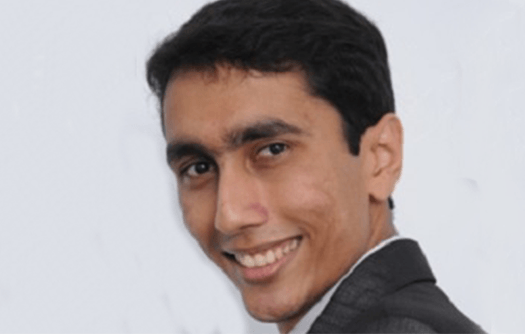
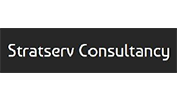
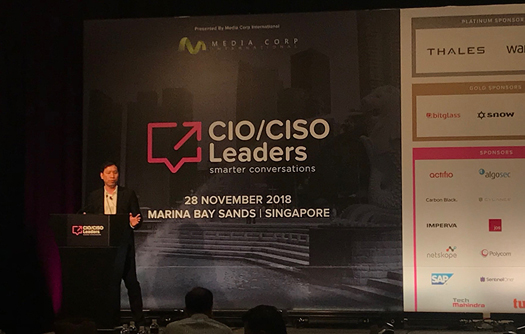
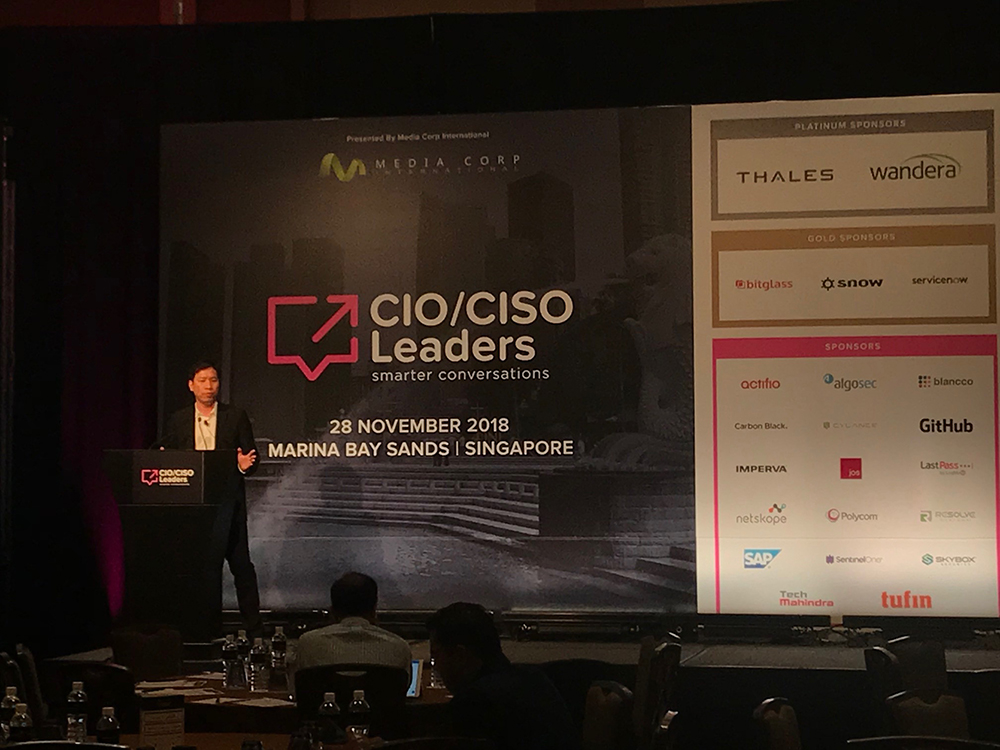

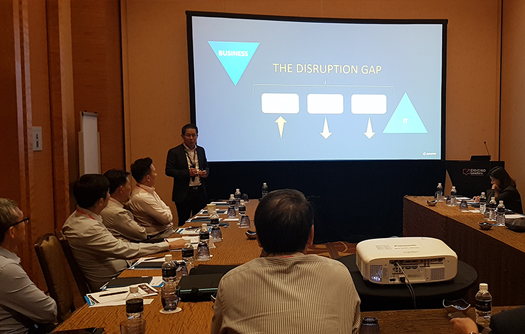
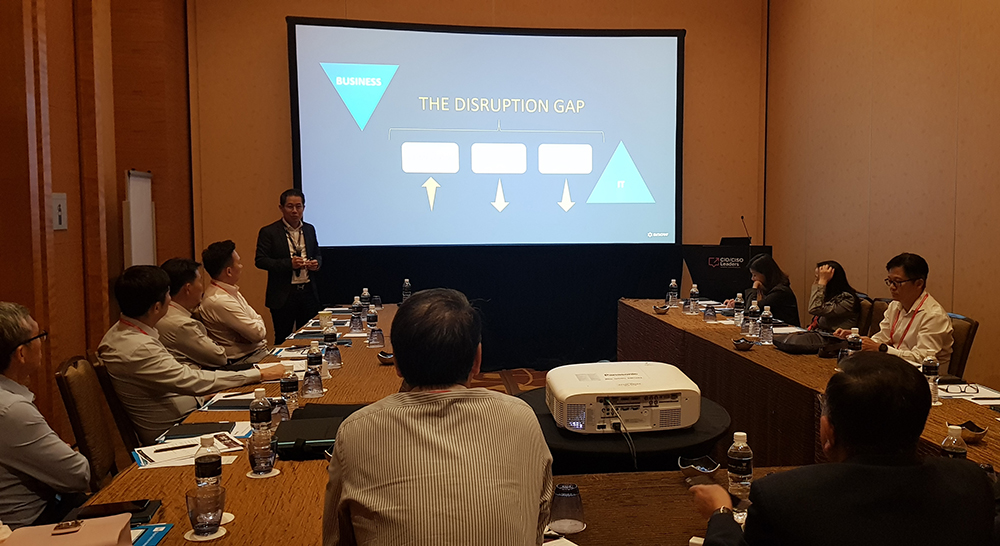
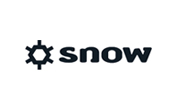
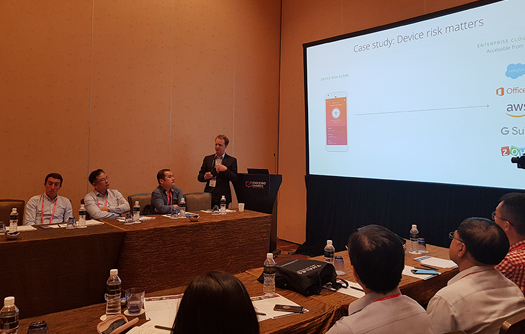
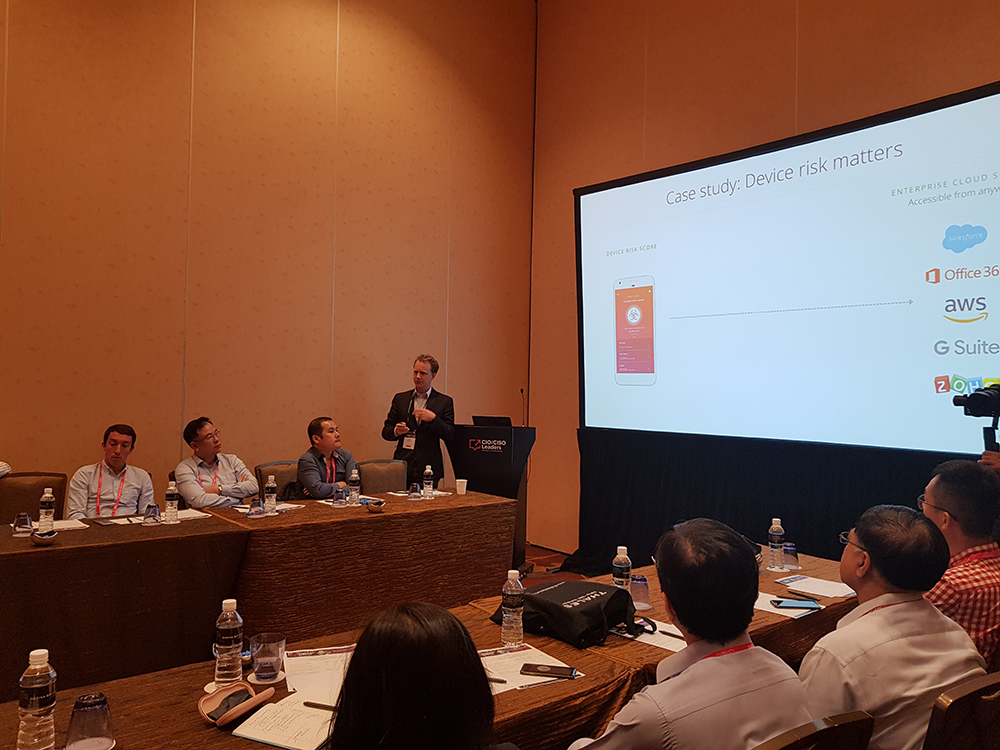

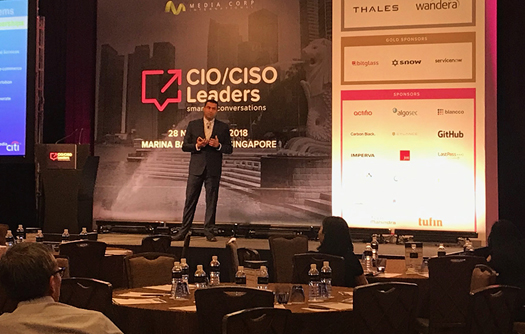
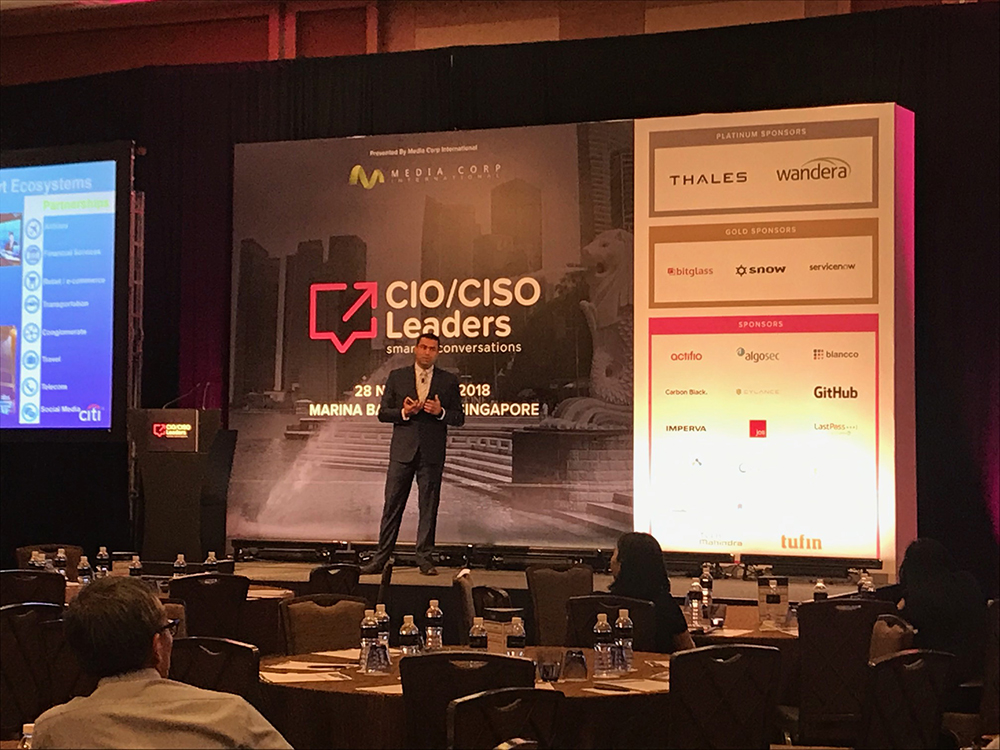
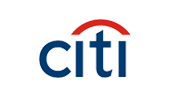
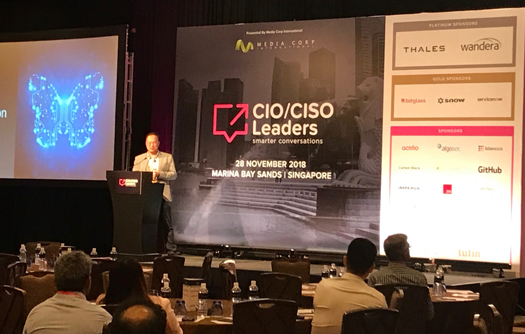
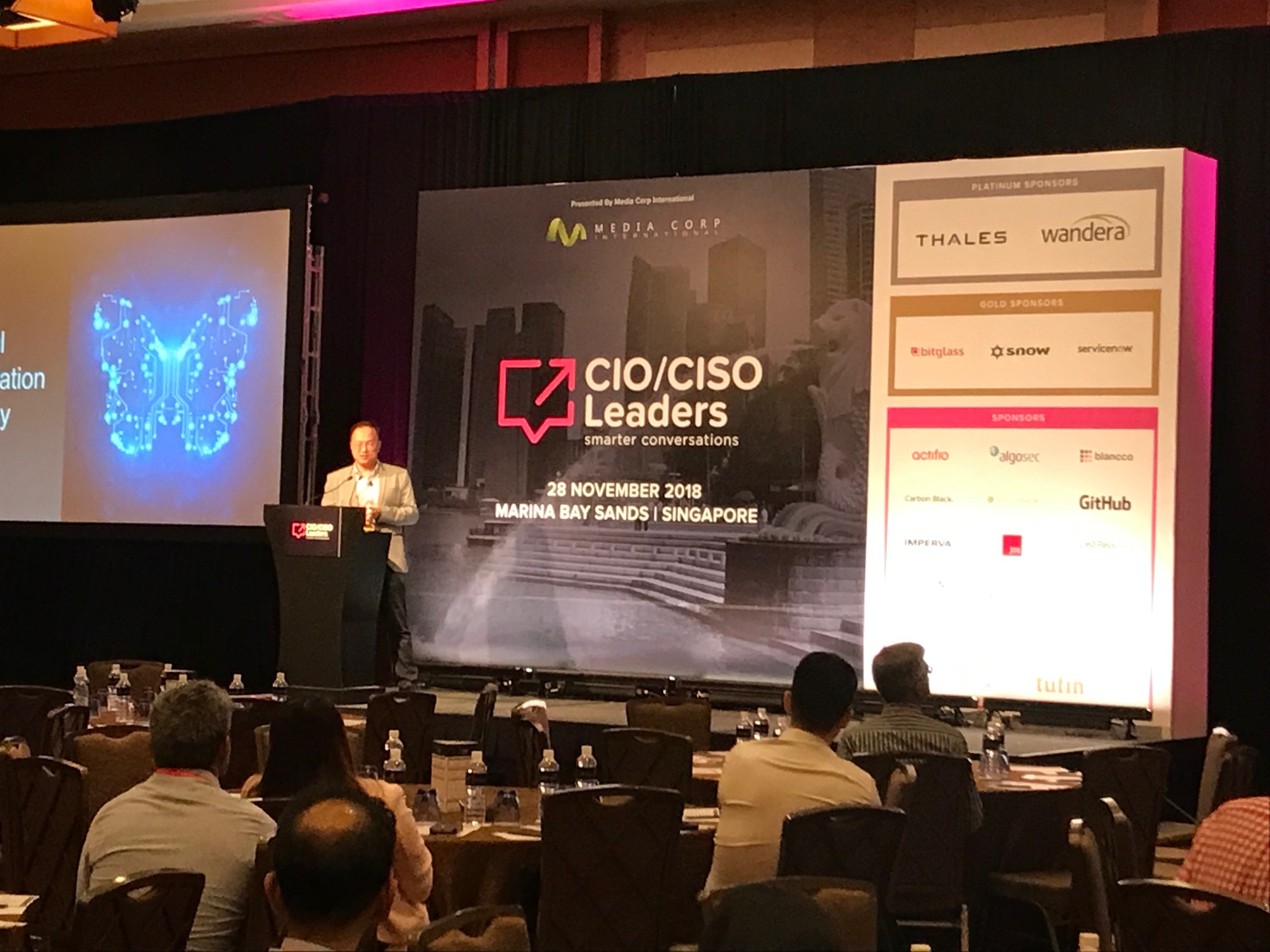

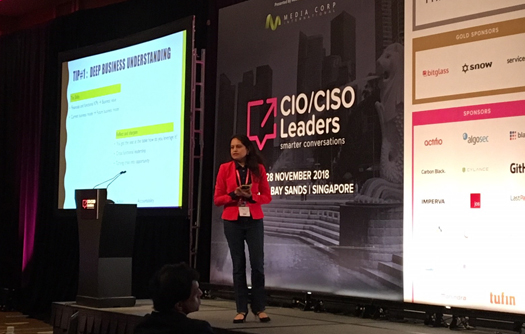
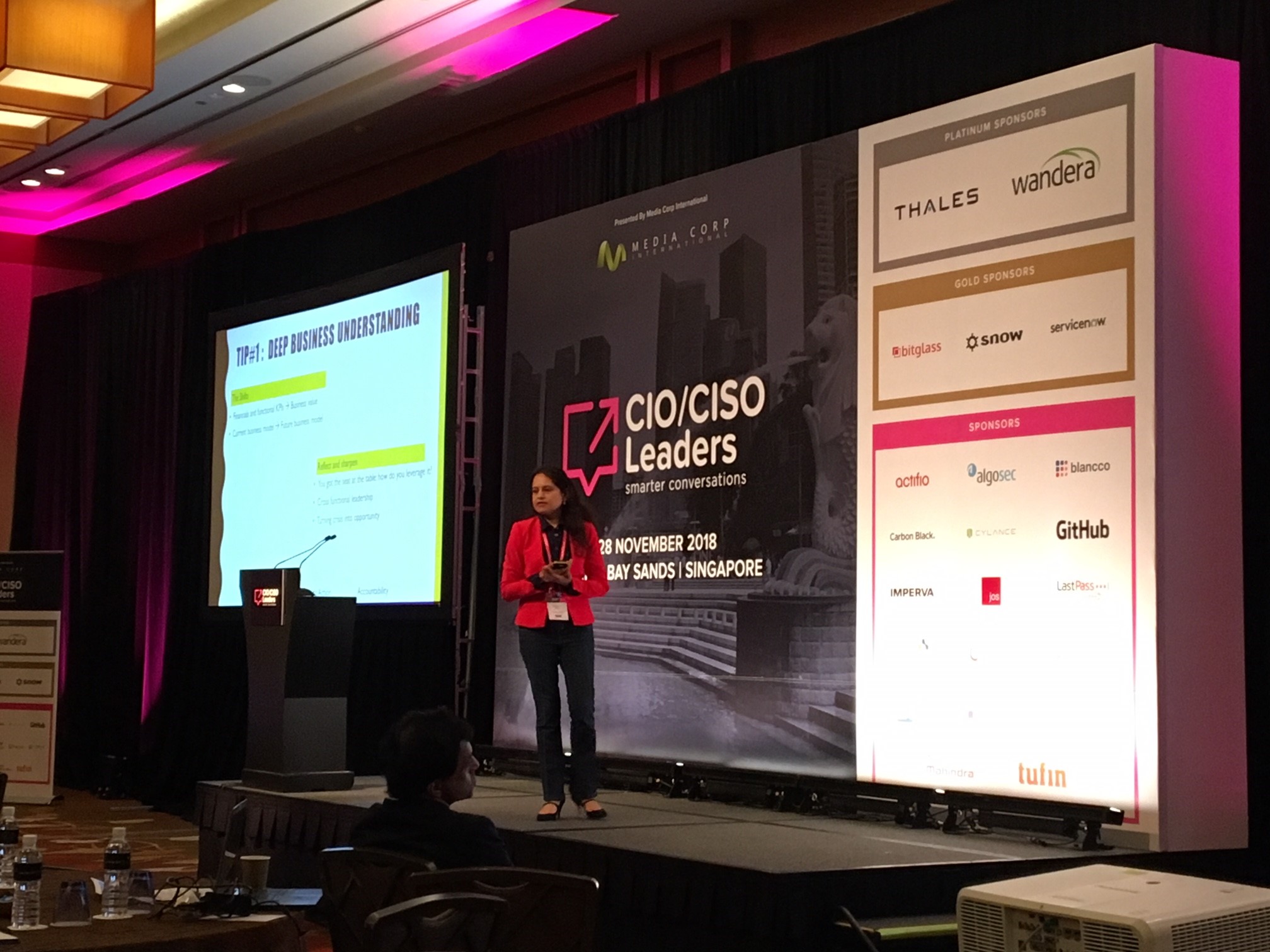

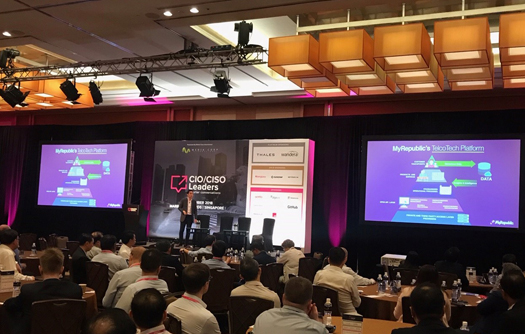
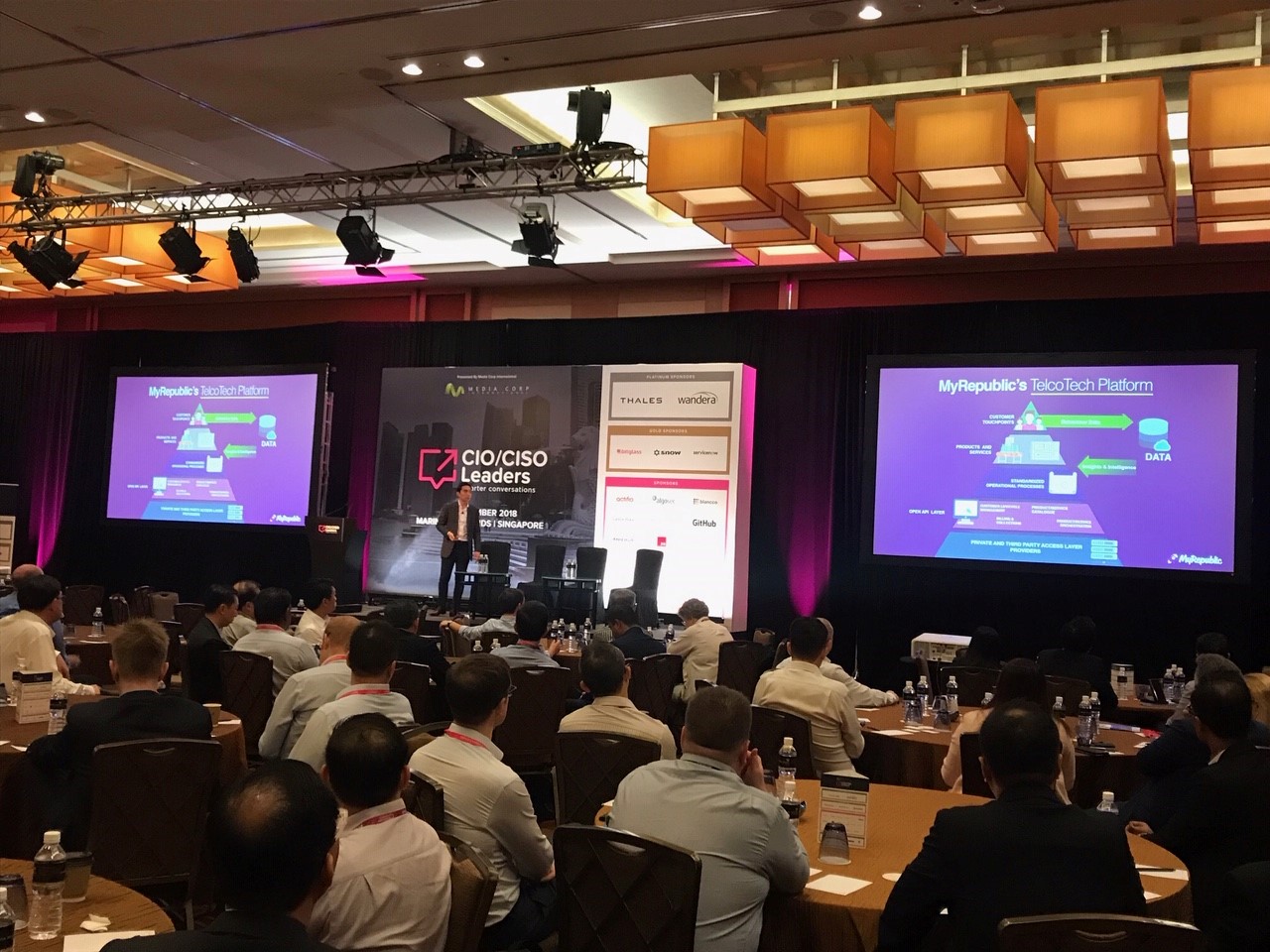

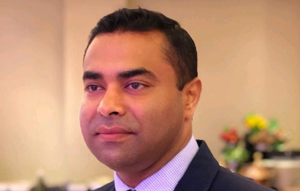
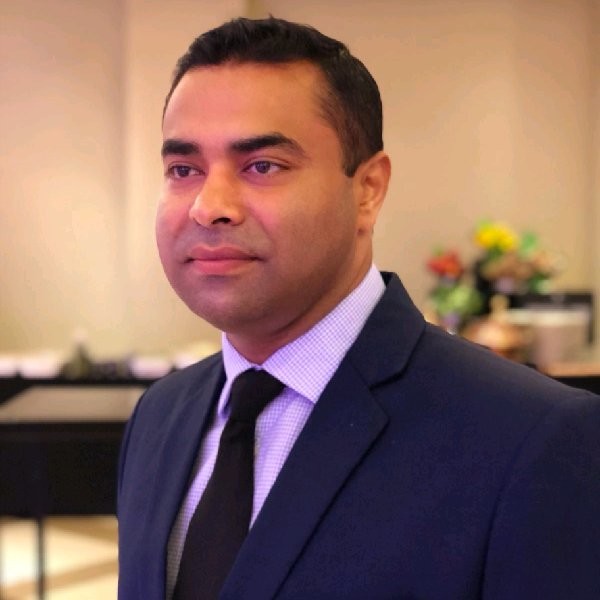 Himanshu and his team are responsible for accelerated delivery of Citi’s Mobile first strategy and driving digital channels to next generation technology capabilities. Responsible for Development and Deployment of Internet and Mobile banking platform, API, ESB and CMR applications for Asia and EMEA Consumer Business. The primary focus for this role is application development, deployment of technology based business critical solutions, standardization of platforms & processes, managing large teams in diverse geographies, off shoring & outsourcing, vendor management.
Himanshu and his team are responsible for accelerated delivery of Citi’s Mobile first strategy and driving digital channels to next generation technology capabilities. Responsible for Development and Deployment of Internet and Mobile banking platform, API, ESB and CMR applications for Asia and EMEA Consumer Business. The primary focus for this role is application development, deployment of technology based business critical solutions, standardization of platforms & processes, managing large teams in diverse geographies, off shoring & outsourcing, vendor management.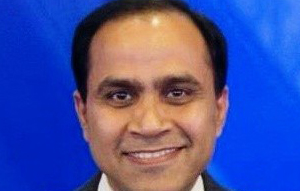
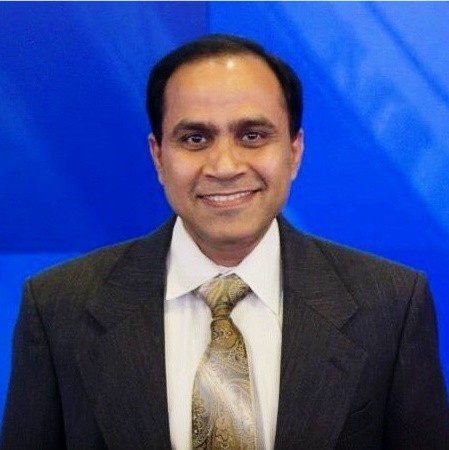 Ramesh Munamarty is the Group Chief Information Officer for International SOS. He leads the technology function for the Group that includes the engineering functions for the leading digital products that the company offers. International SOS is the world’s leading Medical and Travel Security Assistance Company and is in the business of saving and protecting lives from more than 1000 locations in 90+ countries. The Group companies also include Aspire lifestyles which inspires the extraordinary in lifestyle services for leading financial institutions and high-end retail businesses. MedAire provides medical and travel safety services to leading commercial airlines, corporate aviation and yachts.
Ramesh Munamarty is the Group Chief Information Officer for International SOS. He leads the technology function for the Group that includes the engineering functions for the leading digital products that the company offers. International SOS is the world’s leading Medical and Travel Security Assistance Company and is in the business of saving and protecting lives from more than 1000 locations in 90+ countries. The Group companies also include Aspire lifestyles which inspires the extraordinary in lifestyle services for leading financial institutions and high-end retail businesses. MedAire provides medical and travel safety services to leading commercial airlines, corporate aviation and yachts.